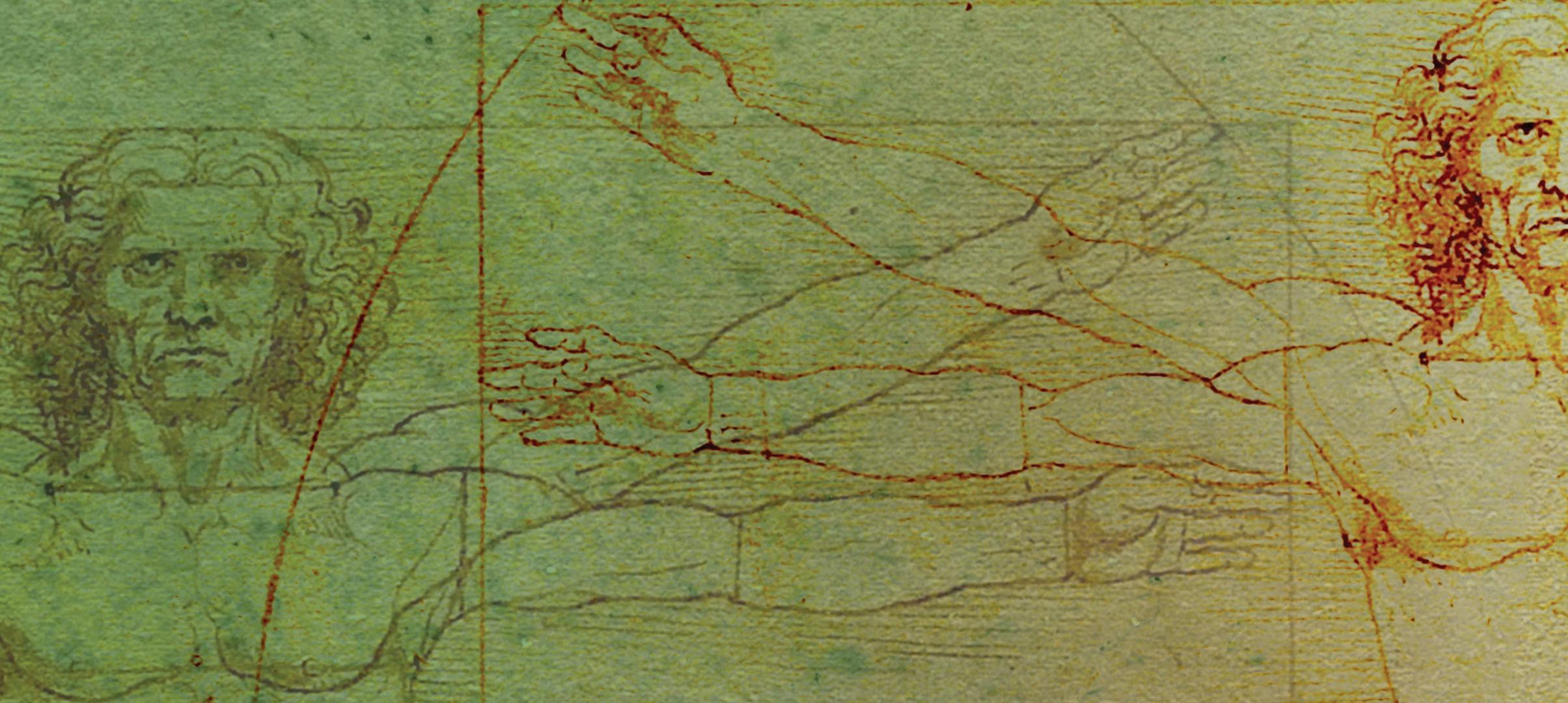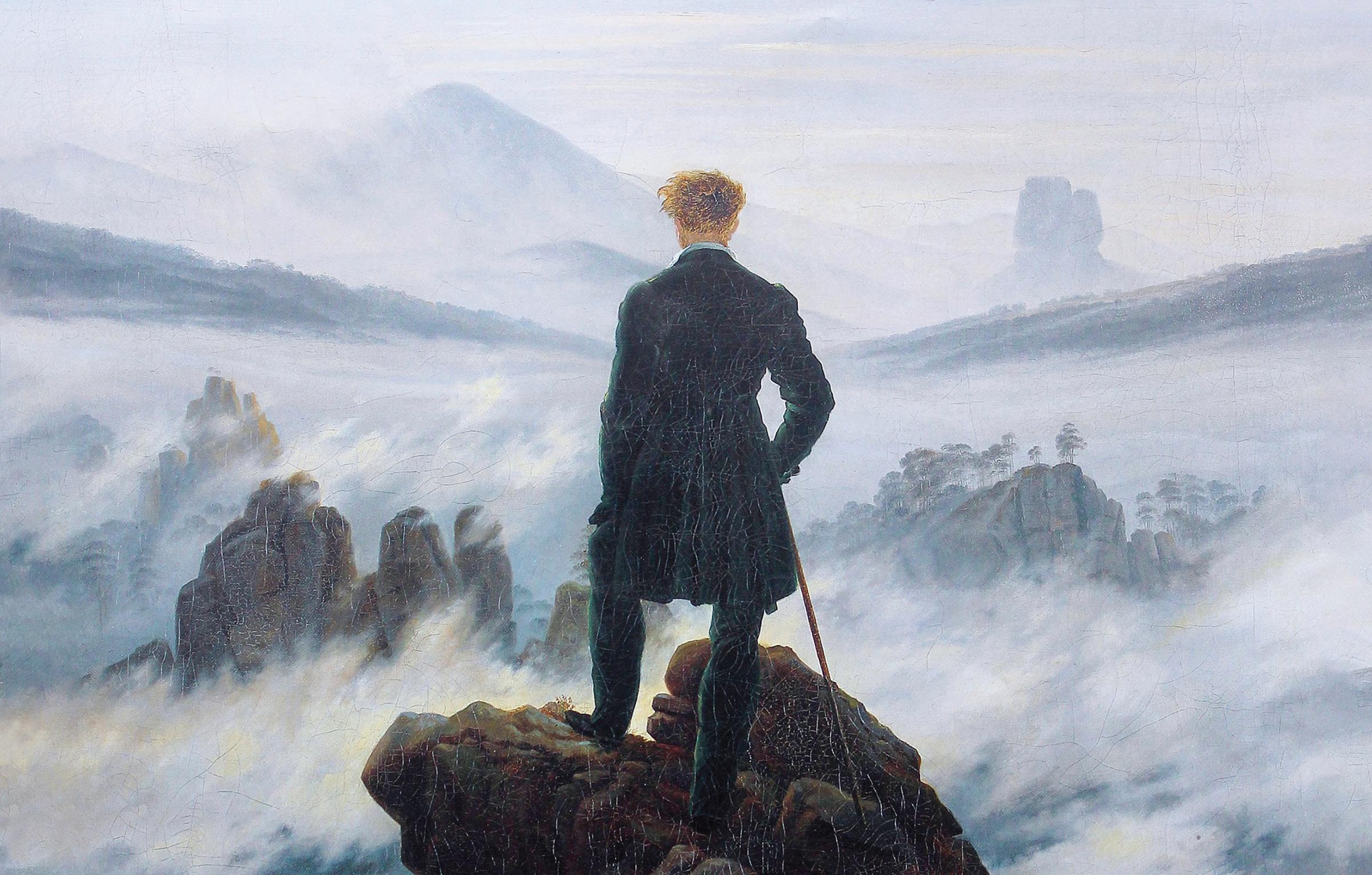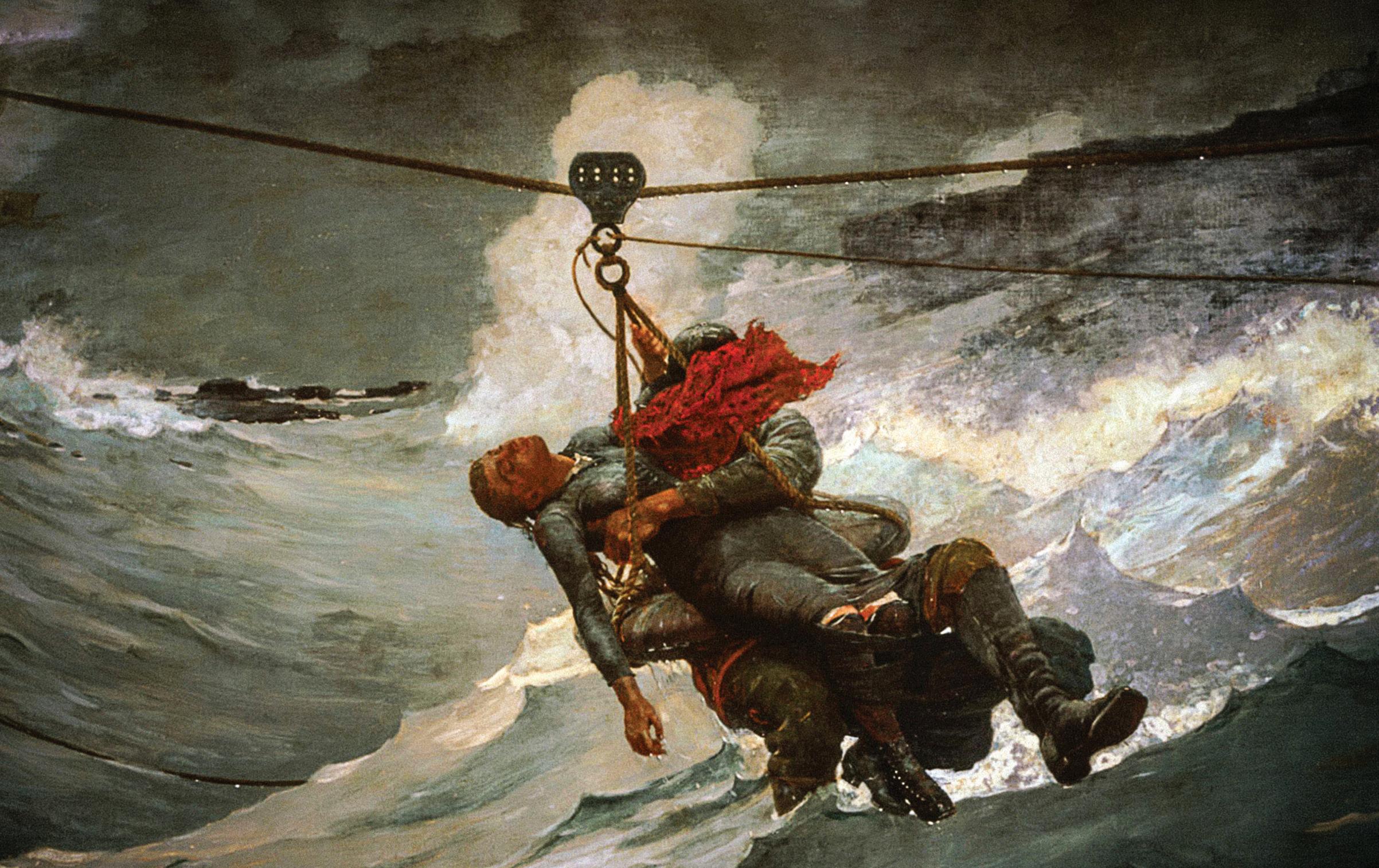
6 minute read
by Kyle Janke On Reading Nature
On Reading Nature
by Kyle Janke
When I was in graduate school, the literature department hosted a lecture on ecology, which is the science of our relationship to our surroundings. The speaker was promoting a book in which he proposed the elimination of the term "nature" from academia. Our use of the word, he asserted, fosters an imagined division between inside and outside. He denied the existence of any such division. There is no "in here" as opposed to "out there." We are part of nature, he said, and so should have no word for it. Insomuch as this division between "in" and "out," "here" and "there," seemed to me the entire point of literary craft, I reacted to his lecture with two significant responses that have guided my reading ever since. The first was to find it odd that a literature department would welcome a thinker whose thoughts were so opposed to literature
Kyle Janke teaches upper school literature at Highlands Latin School. He is a husband and father of what will soon be four sons. In addition to literature, he enjoys hunting as well, and reading the book of nature firsthand.
itself. (Readers should be wary of writers who empty words of meaning instead of filling them.) The second response led me to become a teacher, because at no other time have I learned more, while being taught less, than when I sought my master's degree in literature at a modern university. The reason for this is fundamental. Because the value of books—and our cause in teaching them—depends upon a traditional definition of nature as authored and distinct from us, the modern denial of this results in a neglect of literary art itself.
Literature is a subject besieged by modernity, and nature is its citadel. The best approach to reading is one that assumes a traditional vision of the cosmos as created and prepared for us. This approach adheres to ancient notions. The modern approach, because it is irreligious, denies such supernatural or intentional preparation of nature. This controversy involves literature, for if the universe is not created, neither is a book. Naturalism implies that every creative decision has its source in the conflict of natural forces and not
in the sovereignty of an author's mind. Modern critics hero, so each author has his. Writers read nature like dismiss works of individual genius, preferring instead a book, written by somebody wiser. They do not build to analyze influence. The word "classic" has vanished nests; they build libraries. That is to say, they are not from literary studies, even as "nature" threatens to. Yet outside; rather, they are looking outside. today's progressive literature departments, like logging So why would a literature department seek to shatter companies, pride themselves in planting more words the window through which we look? Why ban the word than they reap. Feminism, Marxism, psychoanalysis, "nature?" Because that literature department does not post-colonialism, patriarchy, gender, race, and, of course, believe in the Garden of Eden. The universe, they say, ecology, are now all literary terms. Academics assert that was not created and was therefore never perfectly "fit to these are necessary to the study of the external forces that a place." Instead, it was born of social and geographical define a text's morphology, alike to Darwin's finches. Yet circumstance―the result of conflict, disharmony, and there is a division between an catastrophic big bangs, alike to the author's mind and his surroundings, scientist's vision of nature. Three an inside and an outside. His very outcomes follow from this view, act of writing proves it. Adhering each destructive to literary art. to his vision and not to any other, First, this approach results in a writer defies external pressures. There is a division wretchedness, which offers but He has something to say, which is a quality of belief independent of between an author's poor inspiration to write. Dickens speaks of the guillotine with a circumstance. So the great authors themselves mount the staunchest mind and his razor wit―we laugh our heads off. Not so with contemporary resistance to modern literary studies, surroundings, an authors. It is not enough that we assuming a certain vision of nature must suffer, we must do it without by the very act of sharing it with inside and an outside. humor, for we must swallow every readers. It is not the content but dark pronouncement. Second, the form of literature that proves modern literature talks itself into creation. Authorship is in harmony silence. It says there is no such with a traditional view of the cosmos. thing as invention, and so stops
It is by this assumption that inventing. Our guest lecturer made authors converse. Great books are not written from a fine example: to eliminate "nature" as a term requires within nature, but exist instead as a commentary from its frequent use in his lecture. (Of course, though such a without. An author's portrayal of the world, which contradiction is quite human it is not natural, and that must be full of individual expression, constitutes an is the point.) Thirdly, the modern critic must preserve assertion about the universe itself. When we imagine diversity in isolation, like Darwin's finches, in order to the "great conversation," we should picture great analyze it at all. Each text must inhabit its own lonely authors gathering at a window, gazing at the world isle of selective influence. The graduate classrooms in outside. Everything depends on the window, which which I studied were defined by this isolation. Each separates the creative author from authored creation. student had his personal view, to be accepted by the
Look outside. Each creature is fit to a place. Our class in the spirit of equality but never really responded wonder, which craves the diversity of the blue frog to in conversation. Contemporary critics cannot see that and the blind fish, depends on our surprise that, while authors must converse from a common window. Each strange to us, such creatures seem familiar to nature. We has something to say about what we all see. delight in the fitness of a fish, in that it needs no wings— When we read, we gaze from this window through unless it is a flying fish, in which case we would never the most comprehensive pairs of eyes. They look out wish it were a bird! Authors delight in well-made things. at creation, that well-made work to which their craft Nature provides them with an inexhaustible spring of aspires. The lesson is seeing what great authors see. imagery. So Dante likens his sinners to frogs, his saints That is the literature teacher's job. Students listen to to butterflies. Blake's tiger burns where a lion could not. Shakespeare because Dickens did, not because teachers We wonder as nature displays its goodness. It is welltell them to. Science separates and classifies, which is made. This is the window, the distinguishing fact; for essential to thought, but it is nature's propriety that we man once fit in a garden too. Looking at nature, we see think about. So we listen as each author turns from the what we were and we imagine being what we no longer window back to the room. Nature is in his mouth; he are. Our creative efforts aspire to Eden. We imitate that is naming its imagery even as Adam named its beasts. well-made place, for as every child sportsman has his Only by this might we imagine ourselves.









